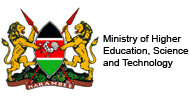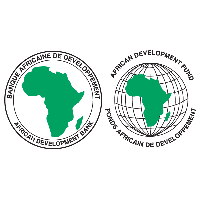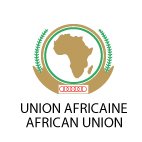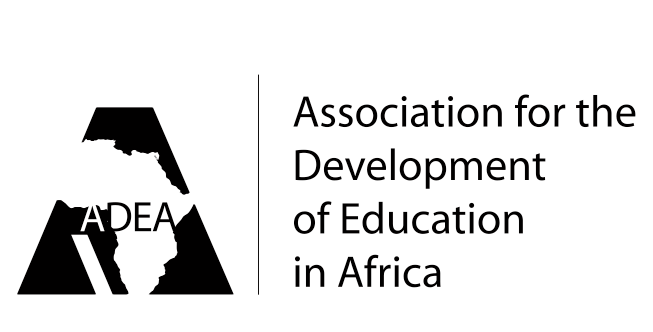The Role of Family Planning for Growth in Africa Underlined During AfDB Annual Meetings

On May 29th, a high level panel chaired by Agnes Soucat, Director of the Human Development Department of the African Development Bank, discussed how the Bank can meaningfully contribute to Africa’s emerging window of opportunity to capture the demographic dividend in Africa. The panel underlined the crucial role of health, education and social protection which are inextricably linked with Human capital development and inclusive growth.
The growing African population and youth bulge foreseen over the next decade offer a possibility of reducing dependency ratios (non-working population/working age population). Economists call this window of opportunity the ‘demographic dividend’.
Population growth and age structure are important drivers of economic growth. Indeed, as much as one-third of East Asia’s economic ‘miracle’ was due to demographic change.
Africa is the youngest region in the world, and by 2040 Africa will have the largest workforce in the world, surpassing China and India. Furthermore, life expectancy has increased as a result of improved health services.
However, Jean-Pierre Guengant, Director of Research at the ‘Institut de Recherche pour le Développement’ underlined that “Contrary to common wisdom, the demographic dividend is not given. You have to earn it. The present slow fertility decline in Africa and the experience of the Asian tigers and other emerging countries clearly show that fertility will not decline fast enough in Sub-Saharan Africa without policy interventions both at national and regional levels.”
African women still have on average five children each. In that regard, Jean-Pierre Guengant concluded that: “The biggest problem of the next twenty years, will be to fulfill the aspirations of this youth bulge. To achieve this objective it is absolutely necessary to fulfill education and health needs of the increasing number of young children. In turn, to achieve this objective it is necessary to stabilize the number of births, - preferably reduce fertility - through increased contraceptive methods.”
Panelist David Canning, who is Richard Saltonstall Professor of Population Sciences and Professor of Economics and International Health at Harvard University underlined the importance of building Human Capital of women, in order to help reduce their number of children.
“Female school enrollment and female labor market opportunities are key to speeding the demographic dividend”, said David canning, while also noting that “Women in Africa cannot work more than they do now, but they work at home, taking care of children, or in the informal sector.”
In Senegal, the population has tripled since 1960, from 3 million inhabitants to 12,2 million in 2009. Fertility has merely reduced from 6,6 children per woman in 1986 to 5 in 2011. Senegal has a high dependency ration where for every 100 active, employable people, there are 89,2 inactive Senegalese either younger than 15 or older than 65.
Pierre Ndiaye, the Director of Projects and Economic Studies at the Ministry of Economics and Finance in Senegal, stated that “Technical and financial partners such as the African development Bank could help Senegal define and implement an aggressive family planning policy in order to reduce fertility and accelerate the demographic transition”.
Private sector representatives on the panel, respectively Zaki Khoury, Regional Manager for North Africa and Middle East for Microsoft and James Eberhard, Chief Executive Officer of Mobile Accord also underlined that Africa is experiencing profound demographic, economic and political changes but that changes in technology will in particular effect the building of human capital on the continent during the next decade. Science, Technology and Innovation are needed to encourage learning and change for a growth that is inclusive and mainly private sector led.
“Sustaining growth and making it inclusive in a rapidly changing continent will require innovative solutions and efficient investments in human capital development” said Agnes Soucat. “A New Education Model for Africa is needed which is ICT based and built on close partnerships with the private sector”.
The forthcoming AfDB Human Development strategy provides a solid basis to strengthen voice and accountability in the health sector, which is very much in line with the HHA mechanism.
The high level debate is available on: http://annualmeetings.afdb.org/pages/en/annual-meetings/multimedia/videos-on-demand.aspx






